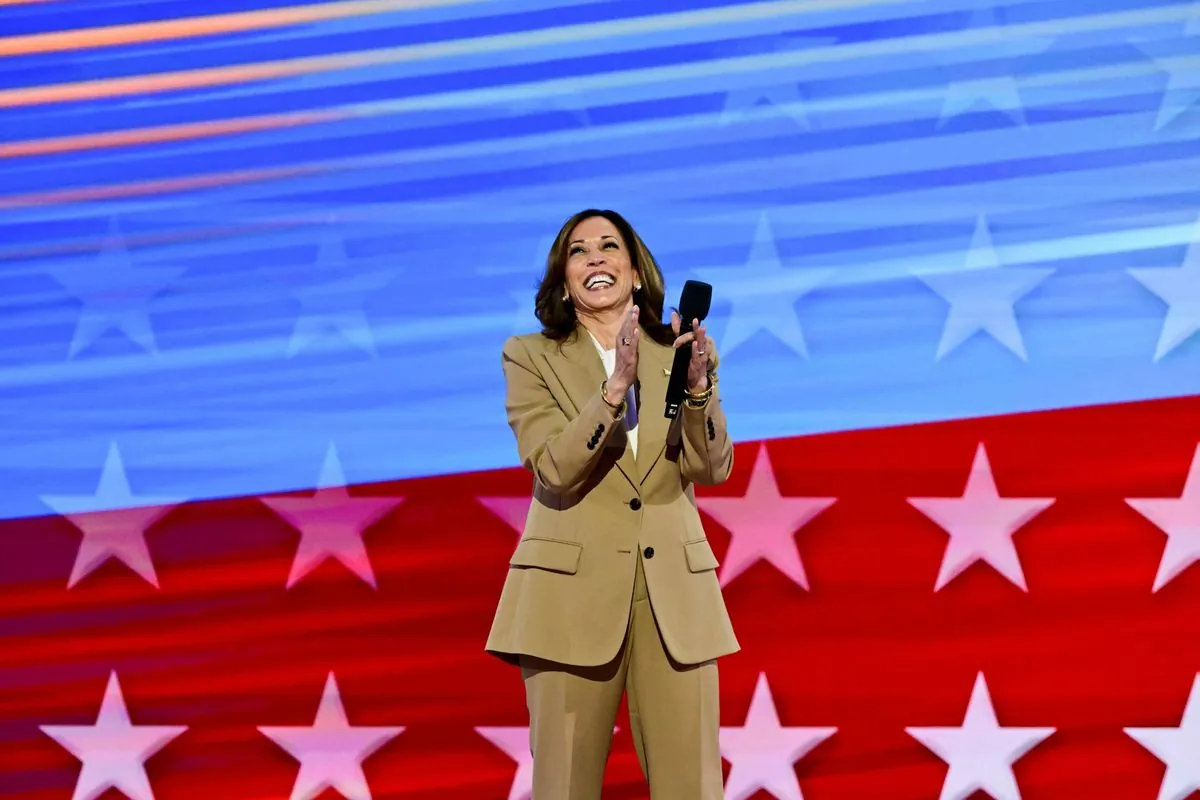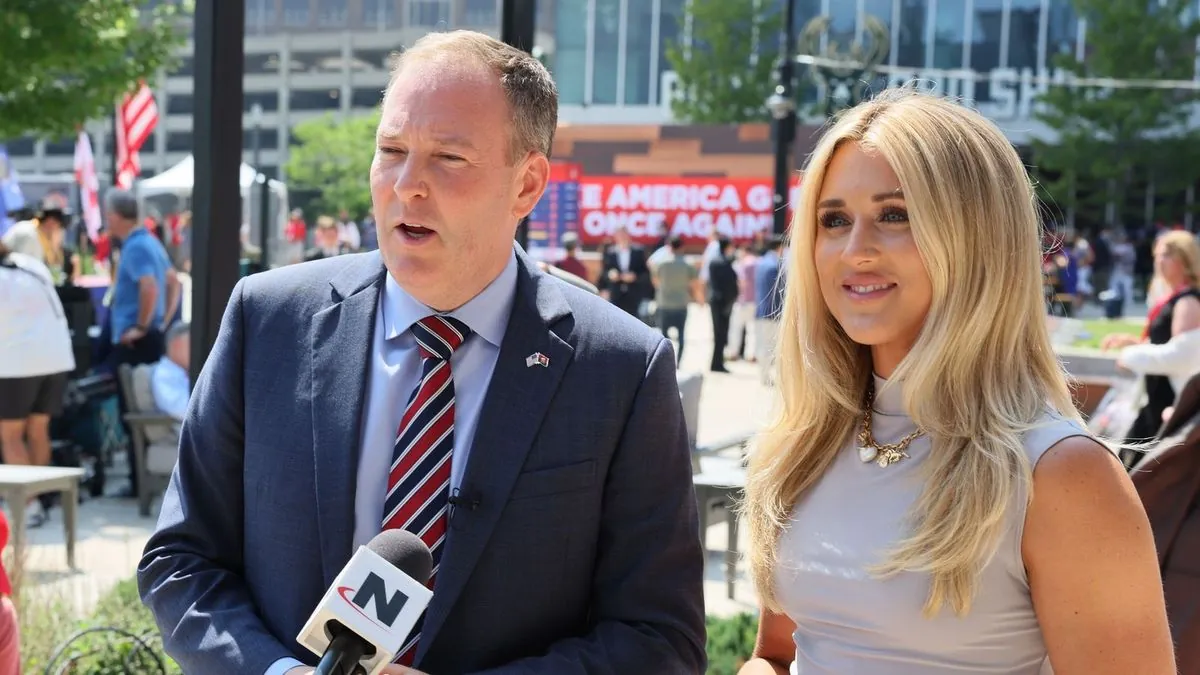Democratic Convention Embraces Influencers, Challenging Traditional Media
The Democratic National Convention has credentialed over 200 social media creators, marking a shift in political communication. This move highlights the growing importance of digital platforms in reaching voters.

The Democratic National Convention, currently underway at Chicago's United Center, has taken an unprecedented step by credentialing over 200 social media content creators. This decision marks a significant shift in political communication strategy, acknowledging the growing influence of digital platforms in shaping public opinion.
Kamala Harris' presidential campaign is at the center of this new approach, with the Democratic Party leveraging the viral potential of YouTube, TikTok, and Instagram to reach a broader audience. This strategy reflects the changing media landscape since 2016, with social platforms now playing a crucial role in information dissemination.
According to recent Pew Research Center data, social media usage in the United States has seen substantial growth:
- YouTube: 83% of adults
- Facebook: 68% of adults
- Instagram: 47% of adults
- TikTok: 33% of adults
Moreover, half of U.S. adults now rely on social media for news consumption, either frequently or occasionally.

The convention's embrace of influencers has created tension with traditional journalists, who find themselves competing for access and workspace. Some reporters have expressed frustration with the reduced space allocated to traditional media outlets compared to previous conventions.
Jonathan D. Salant, assistant managing editor of politics at the Pittsburgh Post-Gazette, noted, "These are the worst working conditions of the 20 conventions I have covered."
The differing approaches of influencers and journalists are evident in their content creation processes. While traditional news organizations adhere to editorial standards and fact-checking protocols, content creators often operate independently, blending personal perspectives with information dissemination.
Josh Helfgott, an influencer focusing on LGBTQ+ issues, candidly stated, "I am heavily partisan. There's no question that the creators here that are invited are supportive of Kamala, mostly, at least all the ones I've met."
This shift in media strategy aligns with the evolving nature of political communication. The first presidential campaign website appeared in 1996, and the first presidential tweet was sent by Barack Obama in 2007. The term "influencer marketing" was officially recognized in dictionaries in 2019, reflecting its growing significance.
Daniel Kreiss, professor of political communication at the University of North Carolina at Chapel Hill, suggests that influencers' viral content can help engage voters who might not be as invested in politics, particularly younger demographics.
The Democratic Party's strategy to leverage social media creators represents a new chapter in political outreach. As the average American spends over two hours daily on social platforms, this approach aims to meet voters where they are most active.
While this new media landscape presents opportunities for broader engagement, it also raises questions about the balance between traditional journalism and influencer-driven content in shaping public discourse during election seasons.


































